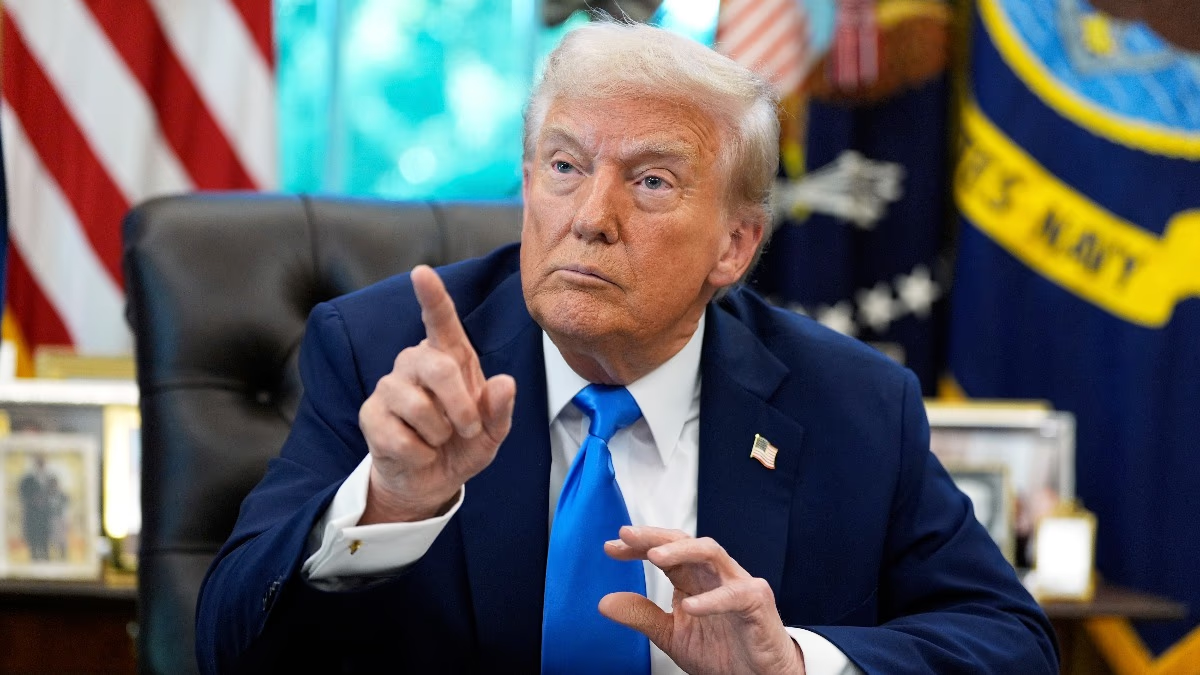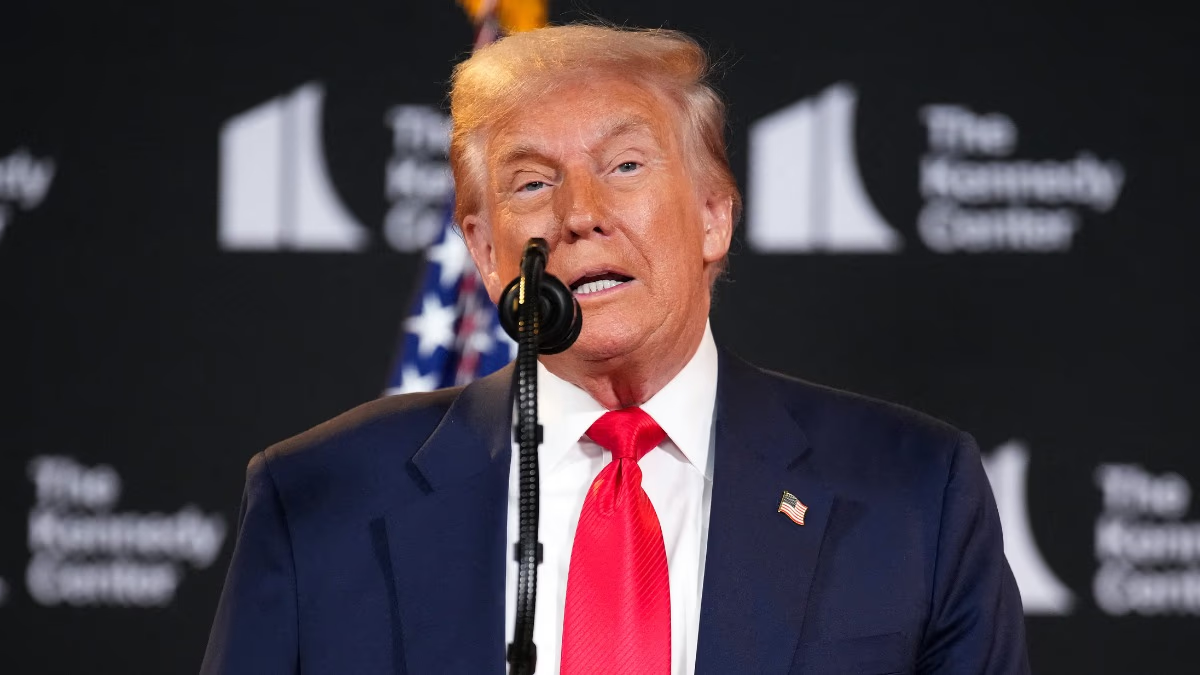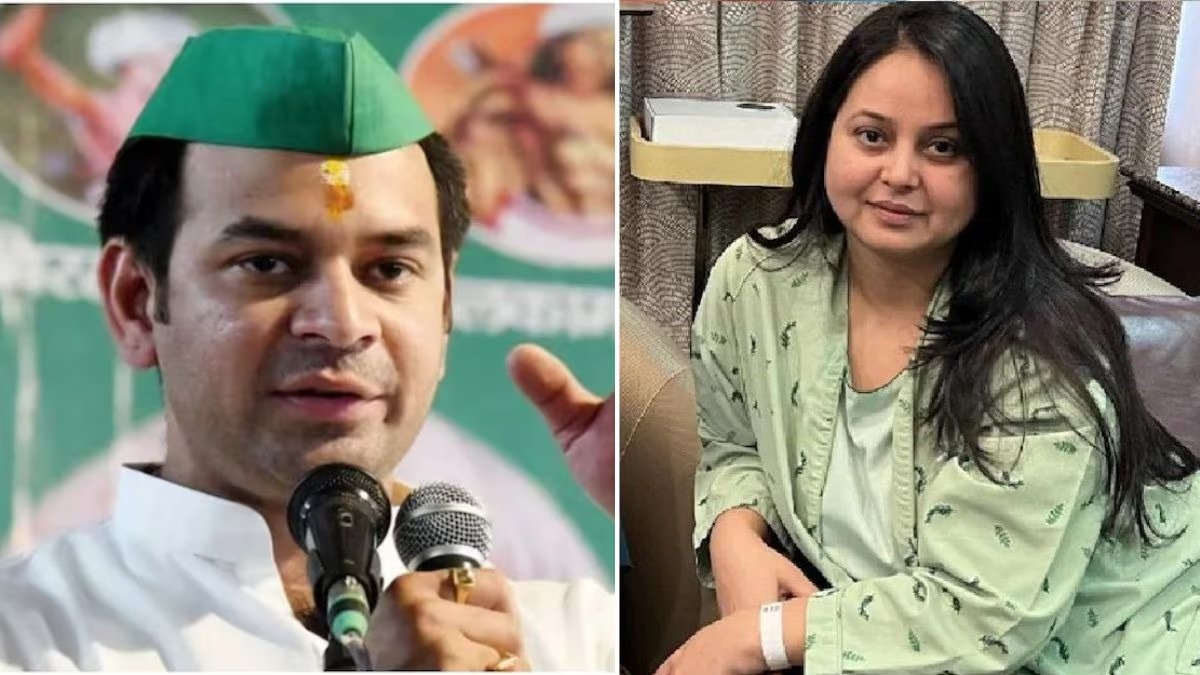President Donald Trump has announced that the fee for the US H-1B visa will now be increased to a whopping $100,000, roughly 88 lakh rupees. Following Trump's decision on Friday, current visa holders and H-1B employees will be barred from entering the US starting Sunday unless their company pays an annual fee of $100,000 per employee.
Deadline Set for Sunday
The travel restrictions and fee requirement will apply to any H-1B holder entering the US after Sunday (September 21) at 12:01 AM EDT (9:30 AM Indian Standard Time). The order states that $100,000 needs to be paid for new H-1B and visa extensions, and this amount must be paid annually to continue.
The order provides the Department of Homeland Security with the authority to exempt restrictions for individual foreign nationals, those working in a specific company, or those in a specific industry, if the H-1B is deemed in the national interest and does not pose a threat to American security or welfare.
Annual $88 Lakh Fee for Visa
This restriction will be valid for 12 months but can be extended based on the recommendation of federal immigration agencies. It will apply to foreign nationals with approved H-1B cap petitions for the fiscal year 2027. The Trump administration stated that it will require companies to pay $100,000 annually for the H-1B working visa, leading to warning from major tech companies for visa holders to either stay in the US or return immediately. This hefty fee has been announced to curb the 'misuse' of the H-1B visa program.
Under Trump's new executive order, companies employing skilled foreign professionals will now have to pay an annual fee of $100,000 for each H-1B visa, a significant increase from the previous $1,500. According to recent data from the United States Citizenship and Immigration Services (USCIS), around 72 percent of nearly 400,000 H-1B visas issued between October 2022 and September 2023 were for Indians.
The Honorable Secretary of Commerce, Howard Lutnick stated that the cost would be $100,000 annually for every three years of the visa's duration, with further details still under consideration. Notable immigration lawyer Cyrus Mehta, based in New York, lamented that H-1B holders still in India might have missed the deadline as no direct flight could reach the USA in time.
He expressed on social media, 'Those H-1B visa holders who are out of the US for business or vacation will be stranded if unable to enter before midnight on September 21. Those still in India likely missed the deadline, as arriving via direct flight on time is improbable.'
The hefty $100,000 H-1B visa fee aims to prevent misuse of the program and stop large IT companies from bringing in foreigners, mostly Indians. He criticized the H-1B program, stating that this decision will harm the US economy, but not India's.
Reportedly, tech giant Microsoft advised its Indian employees working in the US to return as soon as possible, indicating this as the safest option to be back on American soil before the regulations take effect.
Presently, more than 70% of US H-1B visa holders are Indian employees, followed by Chinese nationals. Trump's stringent decision on the H-1B visa is anticipated to adversely impact Indian professionals, as companies may only agree to pay such a hefty amount for only indispensable employees, hinting at possible layoffs.
Currently, about one million Indians are awaiting green cards in the US, along with roughly five million residing in the country. Although Trump's decision might bring substantial revenue to his administration, it may result in a lack of highly skilled workers in the US. Some experts view this decision as an opportunity for innovation from India's perspective.




